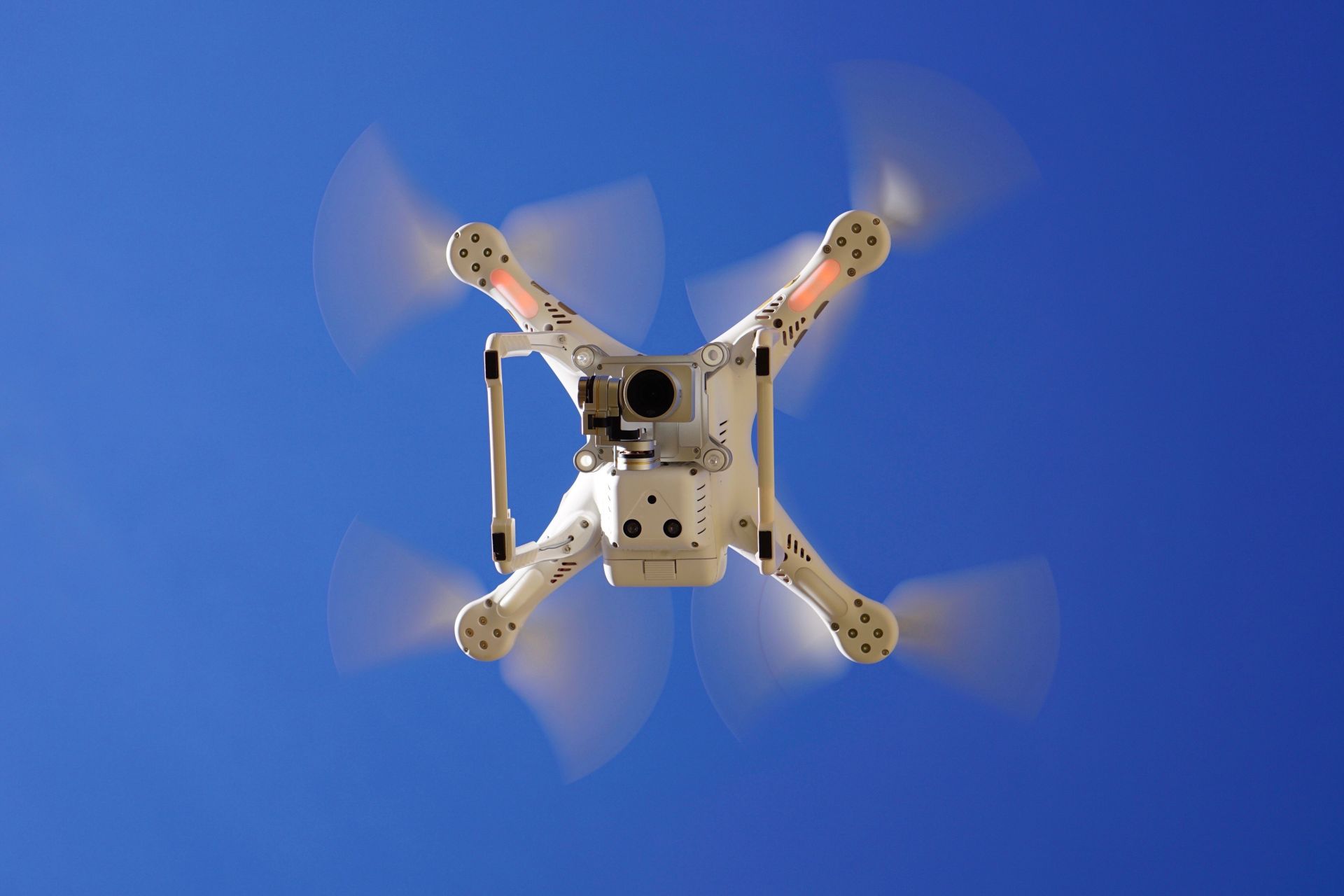Young Guns and Old Hands
Cologne, Düsseldorf, Dortmund, Aachen and Münster: the most populous federal state is home to five Drees & Sommer offices. They are well-networked – because change requires constant exchange. Where once coal and steel dominated the economy, today it is dominated by high tech, media and research.
The path towards the future is via the city of Aachen. In 2016, Drees & Sommer established a new office in a place that is ideal for a center focusing on issues affecting the future. Right in the middle of the campus of the RWTH Aachen University Klaus Dederichs and his colleagues have been developing transformation strategies ever since.
Their credo: it pays off for companies to address digital transformation and Industry 4.0 in more than a merely superficial manner. Yes, in the long run, there is no way around it. The Research Institute for Rationalization (FIR) at RWTH Aachen University is the office's closest partner.
As project manager, Tanja Heidecker plays a leading role in the organization of workshops offered by Dreso’s office in Aachen. She has developed a costing tool and seeks to send out a wake-up call to skeptics and those wrestling with the issue of digital transformation. ‘The extent to which digital processes can make life easier and still add economic value is fascinating,’ she says.
Tanja is part of a young and dynamic team that is exemplary of the German federal state of North Rhine-Westphalia (NRW), at least for parts of the most populous federal state, which many people still regard as quite lethargic – a false assumption, according to Drees & Sommer’s Managing Director in NRW, Stefan Heselschwerdt. ‘North Rhine-Westphalia has an image problem. With the decline of the mining and steel industry, the federal state was left with nothing,’ Stefan explains. Now he is pleased about ‘totally successful real estate markets and an exciting startup scene’.
Three Office Openings in Four Years
Stefan and his Management colleagues Matthias Schulle and Jörg Ewald-Lincke have reacted to this and prioritized the expansion of Drees & Sommer in the Western part of Germany. They celebrated three office openings within four years. From the mid-1980s until 2001, there was only a Dreso office in Cologne, and then the office in Düsseldorf opened. The thinking at that time was that anyone who intended to contract work in Düsseldorf had to have a local presence.
The very first exciting projects in Düsseldorf's old port district, known as MedienHafen, supported this argument – and, of course, it also applies to other places. Since 2013, it has become apparent that the complexity of the federal state is even more pronounced. First the office in Dortmund was opened, which acts as a gateway to the region from the Westphalia metropolis. ‘There are many hidden champions in this region,’ says Jörg Ewald-Lincke. Next came Aachen, followed by Münster in November 2017. During a Hafendialog event (municipal port dialogue), organized to welcome the most recent new building occupant, Drees & Sommer posed the question as to how the most livable city in the world could be made even more livable.
There are numerous internal and external links between the branch offices. Every 24 months major training and further education events take place – like at the former coal mine Zeche Zollverein in Essen, where eight groups were called upon to film one sentence each from the Dress & Sommer corporate philosophy. Then the best results were chosen, just like a kind of Academy Award Oscars night ceremony.
‘Positive energy’ was the term used by Kathrin Pazer to describe the interaction between more than 200 staff members of Drees & Sommer in North Rhine-Westphalia. Kathrin is part of the business development team and is not only responsible for always keeping an eye on the market, discovering new potential and preparing colleagues for cold calling or supporting them in the process. She is also responsible for the internal networking and liaising with the company’s headquarters in Stuttgart.
‘You probably only come across such a job once in your lifetime.’
Kathrin works out of Cologne, which continues to be the largest location where almost all of Drees & Sommer's service areas are represented. It was in Cologne that the current Managing Director Matthias Schulle earned his first stripes – and immediately took on a major project as a rookie in 1990: Bernd Eichinger’s Cinedom multiplex movie theater.
‘It was to be ready for occupancy within 18 months. That was actually an almost impossible task,’ he recalls. At the opening 15 camera teams stood outside the door, while Matthias continued to tear off protective films inside after a 36-hour shift without breaks. ‘After that I had to soak in a hot tub straight away,’ he jokingly explains.
Ever since this ‘formative’ experience he has clung to this ‘nothing is impossible’ mentality. When it comes to tackling challenging projects in Cologne and the rest of the country, Drees & Sommer is often on board. ‘We have developed a high level of consulting expertise, especially in the preliminary stages of development,’ says Matthias.
The modernization works carried out at Kölnmesse , Cologne’s trade fair grounds, are an example of successful project management. At the moment The SHIP in Cologne, the GCM project Museum Küppersmühle of Modern Art (MKM) in Duisburg, as well as the MiQua LVR-Jewish Museum in the Archaeological Quarter Cologne (MiQua) are among the most exciting assignments.
The Young Guns Leave Their Mark
By the end of 2020, a museum will be built around an excavation area of around 6,000 square meters directly adjacent to Cologne's City Hall. The operator of this museum, the Rhineland Regional Association (Landschaftsverband Rheinland, or LVR), speaks of ‘outstanding cultural-political significance’. Eric Tepner, who is responsible for the prestige project at Drees & Sommer, agrees: ‘You probably only come across such a job once in your lifetime.’
Like Kathrin and Tanja, Eric represents a new generation of employees. For the old hands, it is a pleasure to see. Georg Müller belongs to this new generation. When he started at Dreso Cologne in spring of 1991, schedules were still stuck by hand and work was done with DOS computers. ‘Once you pressed Enter in the cost calculation program, you could take a ten-minute coffee break,’ he says.
Eric, who has earned himself a reputation at Drees & Sommer as an expert for cost calculation and cost checking far beyond the borders of North Rhine-Westphalia and on whom Stefan has bestowed the accolade a ‘living cost database’, has monitored the development of the office over time and says: ‘We're much bigger than we used to be, but our culture of work is not impersonal.’

